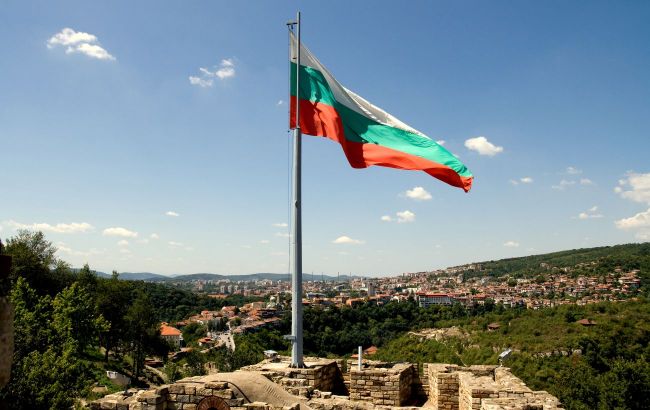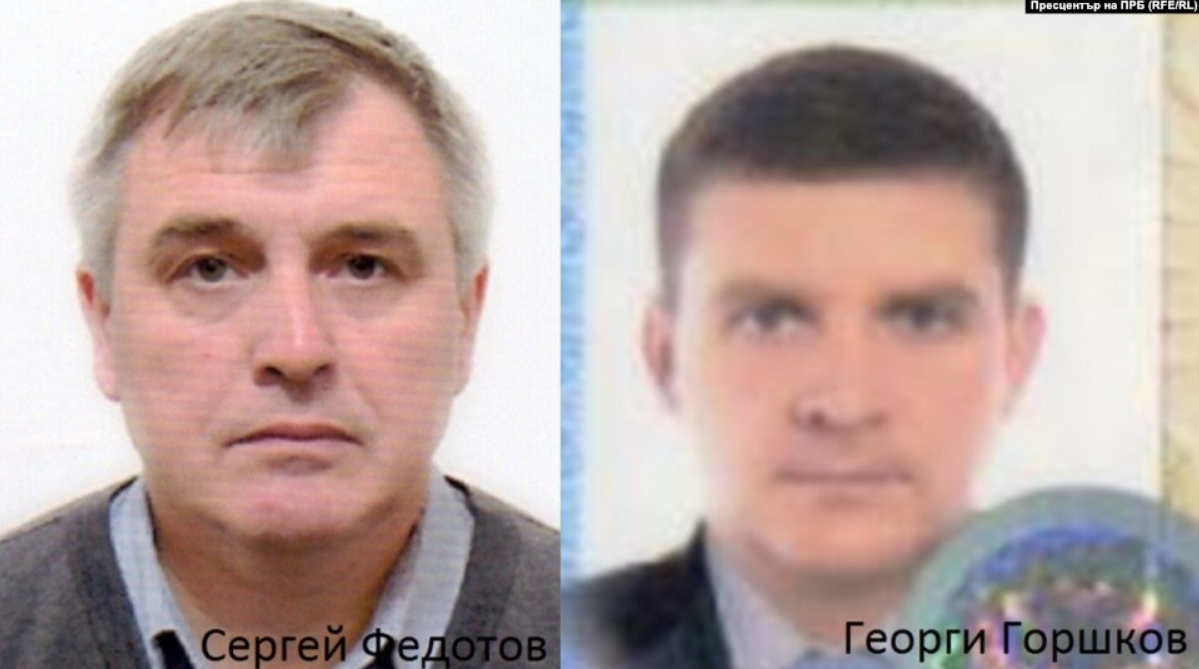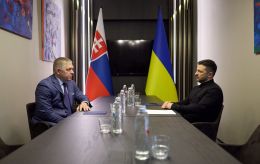Bulgaria declared manhunt for Russians who orchestrated explosions at country's defense plants
 Bulgaria has announced a search for a group of Russians responsible for sabotage at defense plants (photo: Flickr.com)
Bulgaria has announced a search for a group of Russians responsible for sabotage at defense plants (photo: Flickr.com)
Bulgaria has officially declared six citizens of the Russian Federation wanted, accusing them in absentia of engaging in terrorist activities on the country's territory from 2011 to 2020. The suspects are alleged to have orchestrated a series of explosions at Bulgarian defense plants, aiming to disrupt arms supplies to Ukraine, according to the Bulgarian service of Radio Svoboda.
The investigation suspects a group of Russians in connection with explosions at four arms factories and depots. They are held accountable for the blast at EMCO Emilian Gebrev's facility in Lovnidol in 2011, two consecutive explosions at the IMZ-Sopot facility in the village of Iganovo in 2015, and the explosion at the Arsenal plant near Muglizh in 2020.
All four cases were consolidated into a joint investigation, announced by the prosecution in April 2021, with no detailed updates provided since then. In January, a Bulgarian court issued a European Arrest Warrant (EAW) for the arrest of six Russian citizens. On Tuesday, January 30, the Sofia City Prosecutor's Office revealed that the Russian terrorism suspects had been wanted under the EAW earlier, but this information had not been officially disclosed until now.
The prosecution also disclosed for the first time that it is investigating the activities and involvement of Bulgarian citizens in this criminal group. Previously, the state prosecution only mentioned the possible involvement of agents from the Russian military intelligence (GRU) in organizing these explosions.
Photo of suspects in poisoning Emilian Gebrev
On Tuesday, the Bulgarian prosecution also released photos of two Russians accused in absentia of poisoning Emilian Gebrev in 2015. The individuals identified as Sergey Fedotov (left) and Georgii Gorshkov have been identified by international investigators as Denis Sergeev and Egor Gordienko.

Photo: svobodnaevropa.bg
In addition to Sergey Fedotov (also known as Denis Sergeev), charges were also filed in absentia against two other Russian agents - Egor Gordienko (also known as Georgii Gorshkov) and Sergey Lyutenko (also known as Sergey Pavlov) - in connection with the attempted assassination of Gebrev.
In the Tuesday statement from the State Prosecutor's Office, details about the Bulgarian government's investigation into the explosions in Lovnidol, Iganovo, and Muglizh were revealed for the first time.
It is noted that over the past three years, charges have been brought against six individuals for whom warrants are sought, procedural and investigative actions have been taken, and operational search measures have been conducted to verify suspicions regarding the activities of Bulgarian citizens and their involvement in this criminal activity. Numerous pieces of evidence have also been collected against the six accused.
At the same time, the prosecution has not provided any updates on the progress of the investigation into two recent incidents related to the Gebrev company's facility in Karnobat.
Assassination attempt on Gebrev and Russian sabotage
According to the Bulgarian Prosecutor's Office, from April 28, 2015, to May 4, 2015, Russians attempted to assassinate Emilian Gebrev, his son, and a business partner using an unidentified phosphorus-organic substance. Three Russians were under suspicion, and the prosecutor's office believed they employed Novichok.
Emilian Gebrev had long asserted that his poisoning in 2015 was connected to the acquisition of the Russian arms factory Dunarit, which faced bankruptcy after the collapse of the Corporate Commercial Bank in 2014.
On July 31, 2022, around 4 am, an explosion occurred at the ammunition depot of the EMCO company near Karnobat. Additionally, explosions occurred at its facilities in 2011, 2015, and 2021.
During the night of June 24-25, 203, a powerful fire broke out at the EMCO base in Karnobat.
In November of the previous year, Emilian Gebrev did not rule out the possibility of further Russian sabotage aimed at disrupting military aid to Ukraine.

